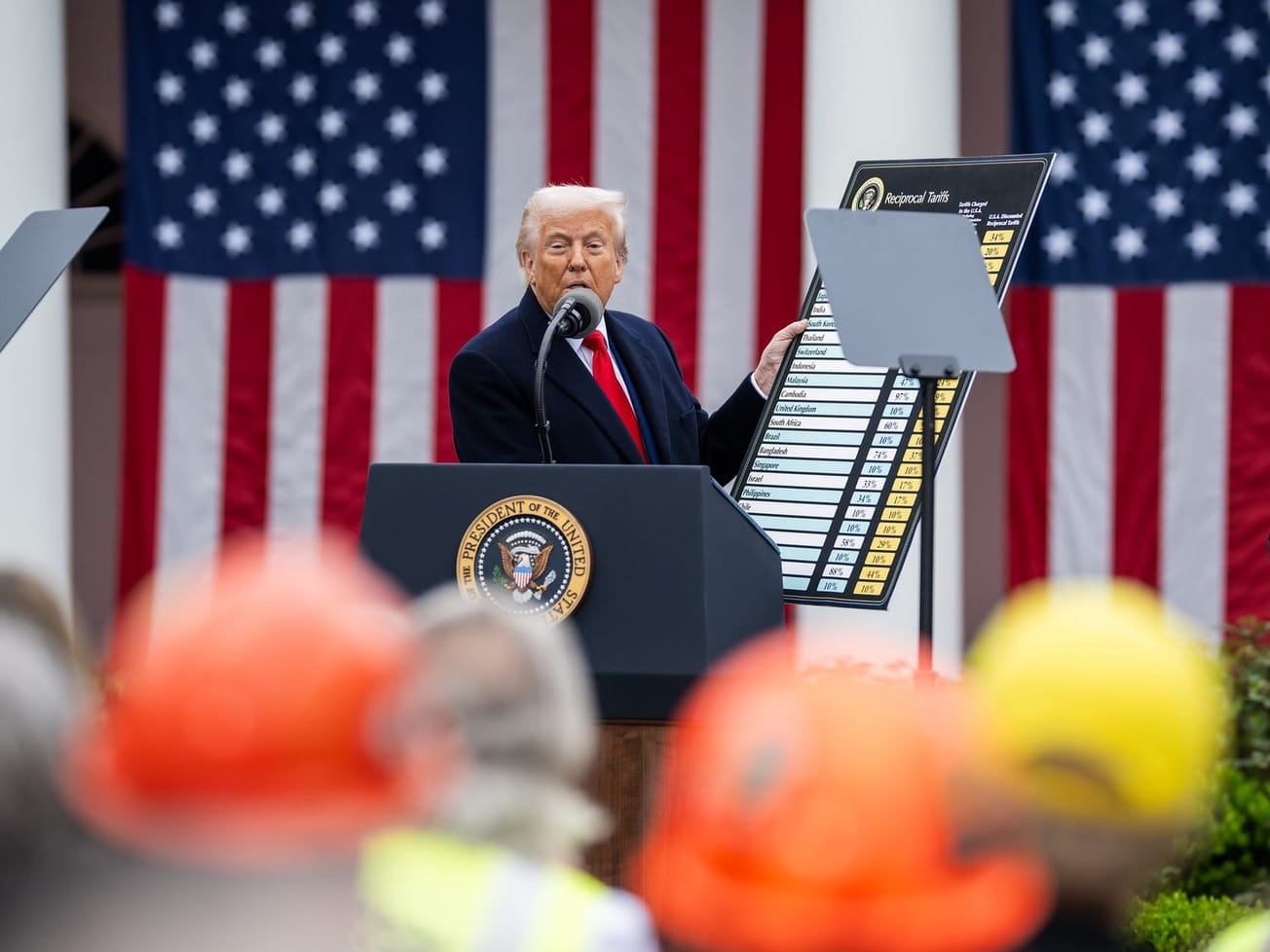GENEVA (AN) — The U.S.-China trade war is costing each country major export losses that are most likely to benefit the European Union's member nations and 22 other countries.
Along with the E.U., the biggest beneficiaries of tit for tat tariff hikes between the United States and China will most likely be Mexico, Japan, Canada, South Korea, India, Australia and Brazil, the U.N. Conference on Trade and Development reported.









